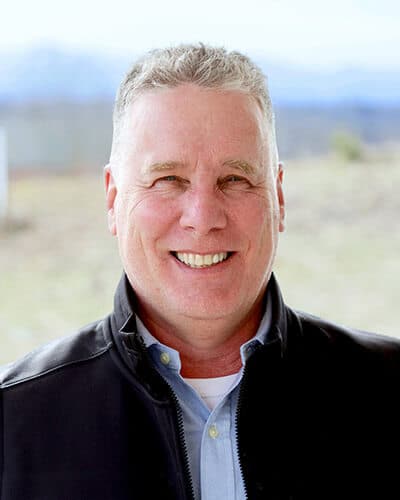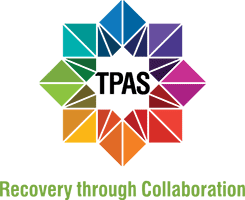The dignity of Risk is defined as the legal right of all people, including people with disabilities, to have the freedom of choice to make decisions and take chances in the world that can lead to growth, opportunity, and autonomy. It’s about “self-determination”.
The Dignity of Risk as a discussion is nothing new, but the degree to which we “helpers” lean in one direction or another is worthy of continued debate. It is a concept/belief system that those of us in the business of helping others struggle with routinely. I spend a lot of time thinking about the Dignity of Risk and our role as a healing community in promoting outcomes that support our resident’s hopes and dreams.
The conversation can become challenging when you add families, friends, former treatment providers, or anyone else with a stake in their loved one’s future. The longer I do this work, the more important this concept becomes to me. I am fortunate that the good has outweighed the bad in terms of decisions with and for people, but the notably sad moments along the way have had their effect on me.
I often reflect after a bad outcome whether we missed something or leaned too far in one direction or another. Over time as the wound heals, I always come back to my central belief that all people have the right to determine their outcomes and that we as caregivers are here to support them and provide healing opportunities. This gets into the “art and craft” of what we do, but in the end, the people we serve are always at the center of the discussion.
I wonder if my fervent belief in self-determination, which is implicit in the Dignity of Risk conversation, can insidiously erode over time. I wonder if time has affected my willingness to fully embrace the dreams of others. I hope not, but I wonder.
In 2003, DHHS published The final draft of the President’s New Freedom Commission on Mental Health Report: Achieving the Promise: Transforming Mental Health Care in America (DHHS, 2003). It said the following:
“We envision a future when everyone with a mental illness will recover…when everyone with a mental illness…has access to effective treatment and supports – essentials for living, working, learning, and participating fully in the community.”
For this to happen, the people being served must guide their own recovery experience, and the systems of care that support people must be willing to risk success over the fear of failure. I see this happening at CooperRiis every day.
The concept of Dignity of Risk is fundamental to this model. In 1981, Robert Perske said:
“… Many of our best achievements came the hard way: We took risks, fell flat, suffered, picked ourselves up, and tried again. Sometimes we made it and sometimes we did not. Even so, we were given the chance to try. Persons [living] with [disabilities] need these chances, too.”
At CooperRiis, we serve people with mental health challenges in our continuum of care. A typical progression begins at our program in Asheville (45-90 days), followed by a transition to The Farm at CooperRiis (3-6 months) with a transition into our community integration model, the Asheville Community Program (6-12 months). With each transition, the person makes challenging decisions, but they are made with their full clinical team.
In many cases, residents who come to CooperRiis having been to other treatment programs have not made meaningful progress. The Dignity of Risk experience happens with every decision the person makes in guiding their own recovery experience. Decisions from whether to get up in the morning, join and participate in our Community Work & Service crews, to taking on the longstanding issues that have prevented them from being able to tolerate the daily grind of being a happy, engaged, and a contributing community member out there in the world. These risky daily decisions accompany the big and overriding question of what to do next.
Here is an article that dives a bit deeper into the topic of the Dignity of Risk. Managing-Risk-in-Community-Integration-Promoting-the-Dignity-of-Risk-and-Supporting-Personal-Choice.pdf (tucollaborative.org)
Thanks for listening,
Eric A. Levine, Ed.D
President & CEO









